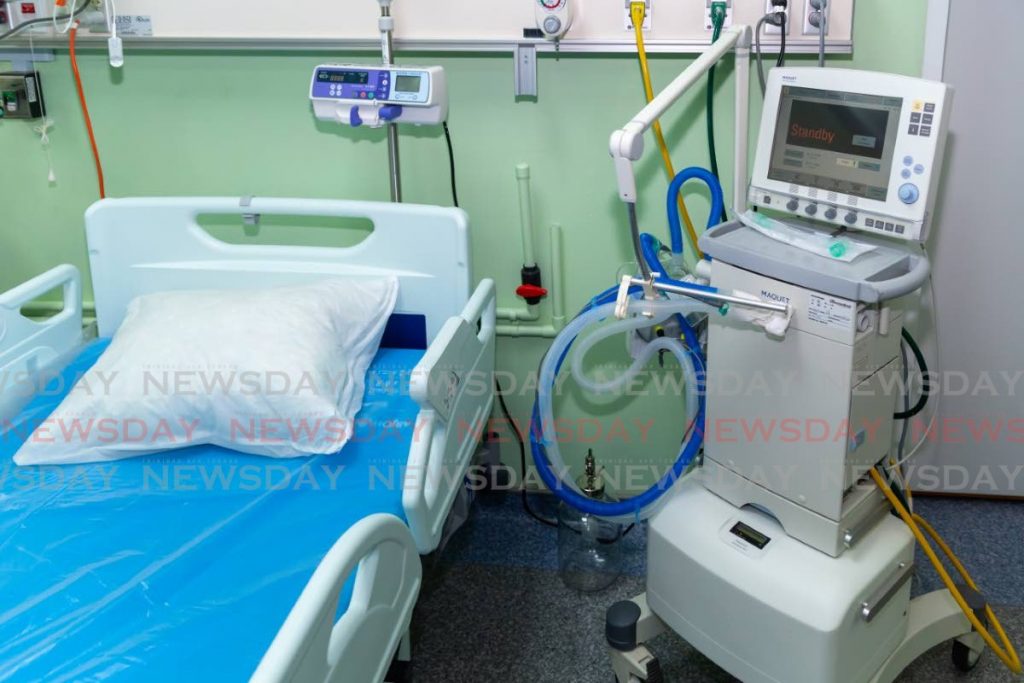Covid19 response flatlining

CONFIRMATION that covid19 intensive care units have all but run out of bed space is the clearest indication yet that the State’s efforts in combatting this disease have dangerously plateaued.
Unless citizens, civil society groups and the State change their approach, things will go from bad to worse.
On Saturday, Health Minister Terrence Deyalsingh warned that 90 per cent of units were occupied. By Monday, Principal Medical Officer of Health Dr Maryam Abdool-Richards revealed all units were full.
And this is so notwithstanding an increase in the number of beds by 25 per cent to cater for the delta variant surge.
At the same time, while there are signs that the parallel health system is close to buckling under pressure, the State has forged ahead with plans that have unfortunately sent the wrong message when it comes to vaccination.
On the same day as Dr Abdool-Richards’s announcement, schools resumed in-person classes for all forms four-six students, whether vaccinated or not. Previously, the system was hybrid, with only vaccinated students allowed to attend classes, while unvaccinated students were left to learn online.
The State should be lauded for intervening on behalf of students falling through the cracks (particularly at government schools) and simplifying the workload of teachers. But the timing of the implementation of this measure has turned out to be unfortunate.
On Monday, attendance was higher in classrooms, but clearly there was much room for improvement.
There are many controls and sanitisation systems in effect at schools (and some are capable of implementing physical distancing). However, such systems are only effective when adhered to scrupulously.
Many parents, some of whom have ironically prevented their charges from being vaccinated, now seem afraid to send their children to school, with delta looming.
The State is running out of options when it comes to the question of vaccination in schools. And, by implication, it is also running out of options when it comes to management of the pandemic as a whole.
How successful has the “safe zones” experiment been? What has been the impact of this experiment, if any? These are questions officials will have to address at the next fortnightly briefing, after consultation with stakeholders.
Meanwhile, there are also questions about the flagging vaccination rate. The minister lamented that the rate has recently dropped by as much as 55 per cent, from 2,939 to 1,614 shots per day.
The time has come for the State either to impose mandatory measures or turn its attention to other matters such as our rate of testing, which could play a useful role in containing delta.
At the moment, only about 400,000 people have been tested. Widening the availability of testing could help isolate cases more effectively and prevent further spread of this virus; as would a long-overdue intensified, effective information campaign.

Comments
"Covid19 response flatlining"